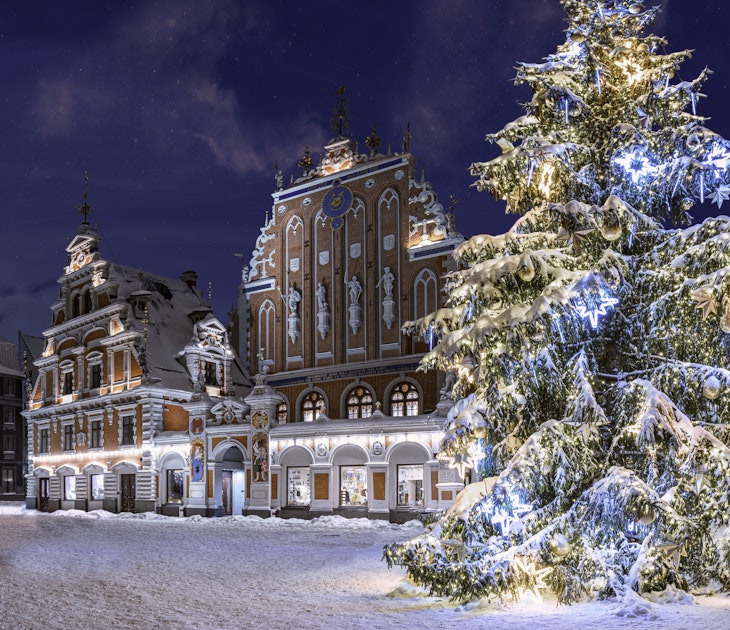
Live the communal life for a night on an Israeli kibbutz
Oct 1, 2018 тЂ 5 min read

From the 1950s to 1970s, Israeli socialist communes called kibbutzim attracted idealist volunteers yearning to get back to nature. Everyone shared everything, from cars to income to babies born on-site, who were raised with other children their own age, away from their parents, in the so-called childrenтs house. Today, after an exodus and then the return of the kibbutz youth, these projects have, ironically, gone capitalist.
The kibbutzтs original vision for an egalitarian utopia didnтt last very long, but it hasnтt disappeared; it's morphed and modernised. Luckily for travellers, that means kibbutzim are opening their doors to outsiders who want to delve into these fascinating, and still-evolving, social experiments.
In these rustic, low-key rural resorts, youтre more likely to find high-tech workers than dirt-caked farmers. Instead of being put to work, youтll be expected to relax at alternative healing spas or on hiking trails that wind through aromatic mango groves, lush botanical gardens or historical landmarks. While the Israeli kibbutz has changed in the past few decades т grown up, some would argue т it still offers visitors the chance to partake in classic kibbutz traditions, such as the hadar haochel, the communal dining hall serving the areaтs organically grown agricultural products, all for a fraction of the price of nearby hotels.

Ein Gedi Hotel, Kibbutz Ein Gedi
On the shore of the Dead Sea, the Ein Gedi Hotel is a veteran in Israeli desert hospitality. It was founded in the 1950s, at a time when the only access road was a dirt track, and since then, has made a point of keeping up with the times. Today, its accommodation ranges from basic rooms to luxurious suites that are outfitted with balconies and panoramic views of the nearby Nahal Arugot Nature Reserve.
Check the announcement board in the main lobby for information on guided tours of the kibbutzтs lush botanical gardens, home to nearly 1000 species of tropical flora from across the world, as well as biblical plants such as myrrh and frankincense. A pro tip: skip the free shuttle to the tourist-heavy, eroding and often unpleasantly hot Dead Sea beach and opt instead for the hotel's serene spa, where you can float in a Dead Sea pool rich in sulphur, magnesium and potassium while overlooking 500m-high mountain cliffs.

Keren Kolot Guest House, Kibbutz Ketura
The is an oasis in the southern Arava Valley that has been at the forefront of Israelтs environmental movement for decades. Founded in the 1970s by Anglo immigrants, the basic, comfortable and English-friendly guesthouse offers bike hire and tons of advice for exploring nearby hotspots like the Methuselah, a date palm planted from 2000-year-old seeds that were excavated from the nearby site of Masada. Take advantage of the many seminars offered at the on-site Arava Institute for Environmental Studies, where Israeli, Jordanian, Palestinian, American and other international environmentalists research innovations, including solar power plants or high-tech algae farming.

Kibbutz Lotan Desert Inn, Kibbutz Lotan
The blissfully peaceful Kibbutz Lotan Desert Inn is a world away from the popular resort town of Eilat only 40 minutes away. A leader in sustainable ecotourism, Kibbutz Lotan offers low-cost sleeping in energy-efficient mud structures, plus the chance to feast on vegetables sourced from the on-site organic gardens. Against breathtaking views of the gorgeous desert sands and the nearby Jordanian Edom mountains, travellers can learn why thousands of migratory birds stop at this kibbutz while making their way to Africa and how both climate change and human development are threatening to change the landscape that makes it possible. Itтs wise to take an afternoon power nap to escape the midday heat and also so that youтll have energy for the midnight desert tour or the many meditation sessions that take place in the central geodesic dome. You might just fall in love with the place and opt to stay on longer; you wouldnтt be the first.

Beit Oren Country Lodge, Kibbutz Beit Oren
Locals and visitors alike ascend Mt Carmel for the , whose beauty the Dadaist painter Marcel Jango called тstaggeringт. At an altitude of 400 metres, it offers a breath of fresh air and stunning panoramas of both the forest and the Mediterranean Sea. Beit Oren, which translates to тhome of the pineт, opened its guesthouse in 1942 before the state of Israel was established. In the 1980s, it joined other kibbutzim in moving away from the socialist model of wage-sharing. Its pivot means that indulgence is the norm at Beit Oren, which offers spacious suites outfitted with Jacuzzis. Itтs also within range of several picturesque hiking trails, horse-riding stables and the Ein Hod artistsт village, which is home to famous galleries and some 150 artists. After a day of exploring, book in for a relaxing sauna session and a holistic treatment at the Beit Oren spa thatтs set in a house carved into local rock formations.
Kfar Giladi Hotel, Kibbutz Kfar Giladi
Perched high atop the Golan Heights, a plateau that Israel annexed from Syria in the 1980s in a move not recognised internationally or by the UN, the is one of the largest and oldest kibbutz hotels. Some of the rooms have views of the beautiful Mt Hermon, which can be skied on in winter, as well as the Upper Hula Valley, a natural reserve with abundant fresh water, which is an annual pit stop for roughly half a billion migratory birds travelling between Africa, Europe and Asia. The kibbutzтs staff can advise you on the best of the regionтs activities, from kayaking down the Goshrim streams to the on-site Beit Hashomer Museum, which tells the story of the kibbutz.

Nachsholim Holiday Village Kibbutz Hotel, Kibbutz Nachsholim
The is located on one of the most pristine white-sand private beaches on the Mediterranean coast. The low-slung bungalows are separated by hammocks and often include a wooden deck, an LED TV, outdoor showers and Japanese-inspired zen gardens. The premises are tastefully adorned with glass sculptures, which are a nod to the kibbutzтs historic bottle factory, founded in 1891 by the French philanthropist and Israel supporter Baron Edmond de Rothschild. Today it serves as an archaeological museum. Less than an hourтs drive from Tel Aviv, Nachsholim is an easy escape thatтs popular with well-heeled families, who are enticed over by the blue lagoons, charming coves, and fragrant banana and avocado groves.
Make the most of your travel with sightseeing tours and activities from our trusted partners.
Explore related stories


 Activities15 best experiences in Egypt for history, adventure and culture
Activities15 best experiences in Egypt for history, adventure and cultureAug 16, 2023 тЂ 9 min read



 Spirituality & ReligionAstrological adventures: where to travel based on your zodiac sign
Spirituality & ReligionAstrological adventures: where to travel based on your zodiac signSep 28, 2020 тЂ 13 min read
 HistoryРЯАФУХСљКЯВЪПЊНБМЧТМ is connecting travelers with sustainable, local-led tours
HistoryРЯАФУХСљКЯВЪПЊНБМЧТМ is connecting travelers with sustainable, local-led toursSep 8, 2020 тЂ 2 min read

 Books"Places always surprise me" т Author Porochista Khakpour on traveling during historic moments
Books"Places always surprise me" т Author Porochista Khakpour on traveling during historic momentsMay 26, 2020 тЂ 11 min read
